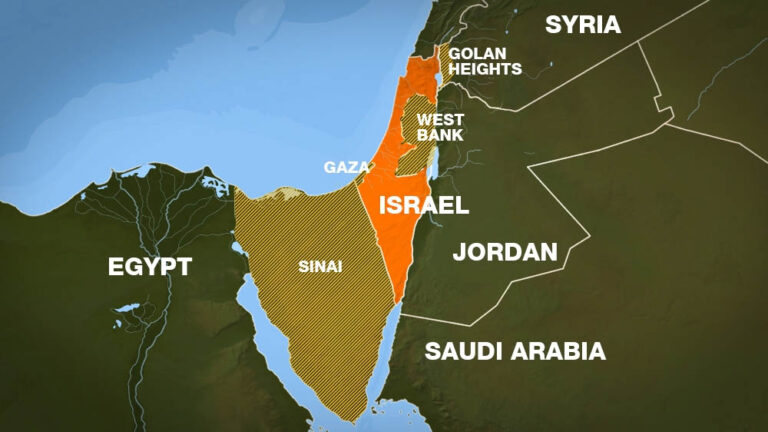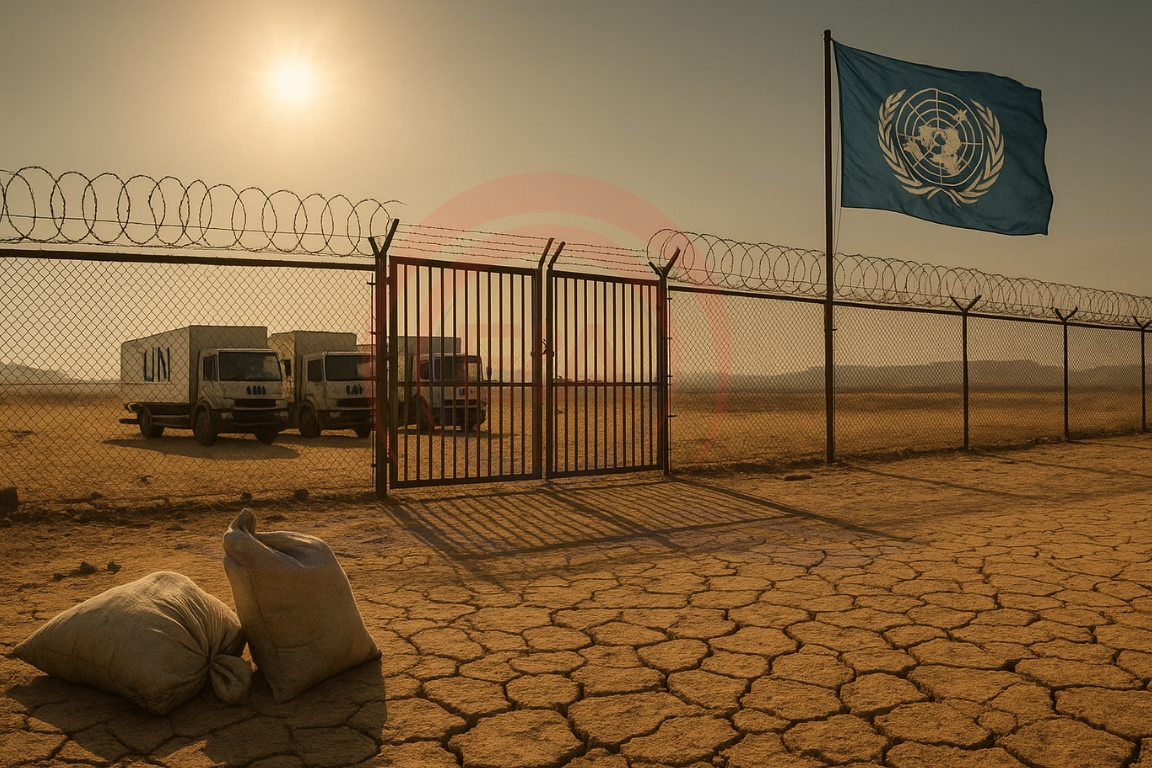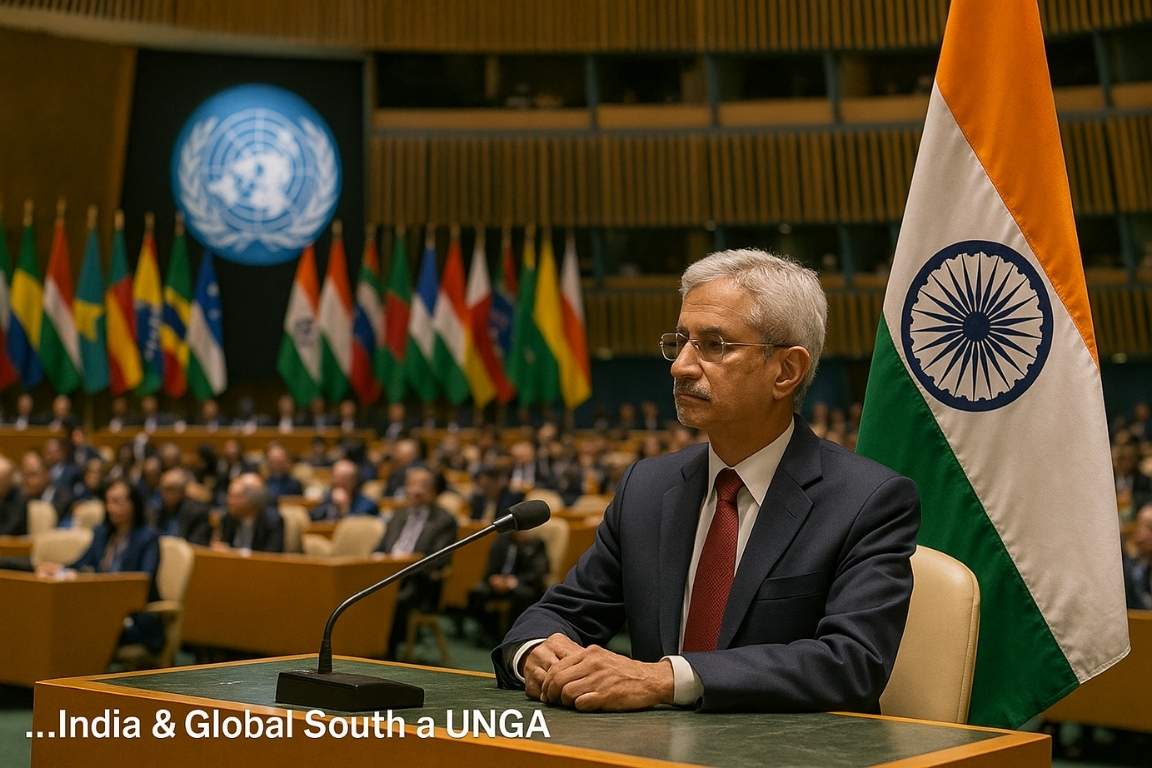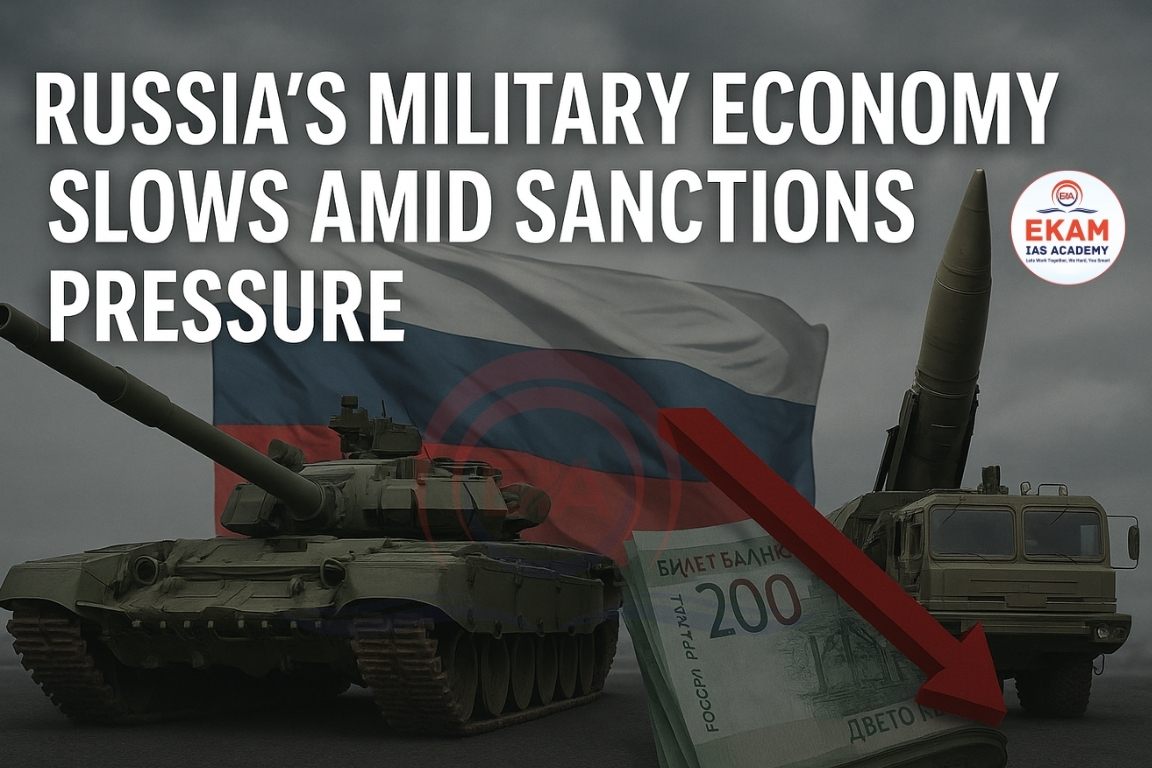The United Nations has declared a famine in Gaza, affecting nearly 500,000 people, blaming Israel for “systematic obstruction of humanitarian aid.” Israel has rejected the UN-backed findings, calling them biased.
Background
- Gaza has been under intense conflict for nearly two years between Israel and Hamas.
- Integrated Food Security Phase Classification (IPC) report confirms famine conditions in Gaza governorate.
- Aid agencies had repeatedly warned of a looming humanitarian crisis due to restricted supplies of food, medicine, water, and fuel.

Scale of the Crisis
- Extent of famine: Affects 500,000 people in Gaza governorate (~one-fifth of the territory).
- Displacement: Nearly 1 million people live in the governorate, most displaced at least once.
- Projected spread: IPC warns famine could extend to Deir el-Balah and Khan Yunis by September, covering almost two-thirds of Gaza.
- Blockade impact: Israel blocked aid completely for two months in early 2025, worsening shortages.
UN and International Reactions
- UN Aid Chief: Called the famine “entirely preventable” and blamed Israel for blocking aid access.
- UN Human Rights Chief (Volker Turk): Said using starvation as a weapon is a war crime and could amount to wilful killing.
- UN Secretary-General (Antonio Guterres): Urged a ceasefire, stressing that starvation and death on such a scale cannot be ignored.
Israel’s Response
- Israel dismissed the IPC findings as “based on Hamas propaganda.”
- Defence Minister Israel Katz warned of destroying Gaza City if Hamas does not disarm and release hostages.
- Israel maintains the offensive is key to defeating Hamas and ensuring its own security.
Implications for India
- Sovereignty Issue: CPEC passes through Pakistan-occupied Kashmir (PoK), undermining India’s territorial claims.
- Strategic Exclusion: India sidelined despite major contributions to Afghan development (Parliament building, hospitals, dams).
- Security Risks: A stronger China–Pakistan–Afghanistan axis could embolden extremist groups hostile to India.
- Connectivity Competition: Challenges India’s Chabahar Port and International North-South Transport Corridor (INSTC) initiatives.
Broader Implications
- Humanitarian angle: Severe food insecurity, mass displacement, and preventable deaths highlight failures in international humanitarian access.
- Legal aspect: Raises questions of war crimes under international humanitarian law.
- Geopolitical concern: Adds pressure on global powers and the UN Security Council to push for ceasefire and aid access.
Conclusion:
The famine in Gaza is not just a humanitarian tragedy but also a test of global governance and international law. While Israel defends its security concerns, the UN stresses that starvation as a war tactic violates international norms. Sustainable peace and humanitarian access remain the urgent needs.





